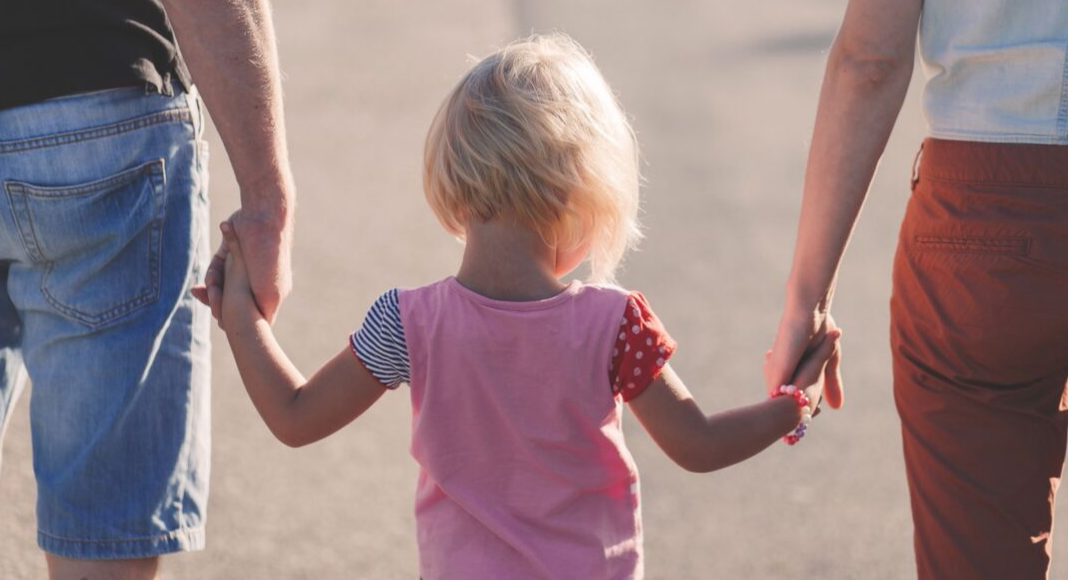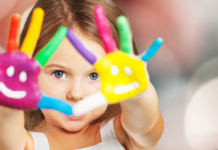 So you’re one-and-done, you’ve had an only child and decided that one is good enough for you. That is awesome, and I know there are tons of amazing experiences in store for you and your family. Why do I know that? Because I’m an only child.
So you’re one-and-done, you’ve had an only child and decided that one is good enough for you. That is awesome, and I know there are tons of amazing experiences in store for you and your family. Why do I know that? Because I’m an only child.
If you’re a parent who comes from a family of multiple kids, this letter is for you. I want to talk to you from the perspective of an only child who was raised by parents who had siblings. There are some things you might not understand about being an only child, and I’m here to give you a little advice.
Something I learned is that people tend to fall into the roles of birth order when in group situations. For example, if you’re an older sister, you probably have some tendencies of watching out for others in group situations, especially those who are younger than you. And if you’re a middle child, you might fit into groups as a more go-with-the-flow type of person who enjoys large social settings. Youngest children tend to be manipulative and free-spirited.
But where does the only child fit into these group situations?
As a child, almost all of my older family members (parents, grandparents, aunts, and uncles) came from multiple child households. When I got together with my cousins, it was expected that I would fall into a birth order type role among my cousins. I was one of the oldest cousins, and that meant I got in trouble frequently for not watching out for my younger cousins and making them all feel included.
I can remember different adults telling me I needed to make sure my younger cousins had a chance to play with the older ones. Anyone else might have fallen straight into the “oldest child” type of mindset where you naturally look out for the others around you. But I always felt confused by being told to include my much-younger cousins. It didn’t make sense to me that I was expected to take responsibility for them since it wasn’t something I was used to. As an only child, the only person I was really expected to take responsibility for was myself, and I was good at that.
For an only child, it can be hard to relate to the roles that others expect us to fall into. And if you’re a parent of an only child, it can help to remember that only children aren’t exactly familiar with how to fit into birth order boxes. When your only child is put into situations with cousins or other friends groups, try to put yourself into the place of a child who doesn’t normally live with other kids. It can be confusing to be expected to fit snugly into a middle child role when you’re used to being an only child, and while there are personality traits that will fit across ages and roles, it doesn’t mean that an only child will understand what you expect from them, especially if that relates to how you expect them to interact with others.
One of the things that I can remember hearing a lot as I grew up was how mature I was. I got a lot of comments about being “old beyond my years” or similar ideas of young maturity, and I even had my granny tell me that she was sad I was an only child because I had to grow up too soon. That translated a lot into being able to talk easily with adults but finding it difficult to relate as well with my fellow classmates and friends. It was even worse when I was around kids younger than me because I was so used to talking primarily to adults at home and elsewhere. So I would caution parents of only children to remember that their kids get a lot more interaction with adults and might not be as confident with kids their own age. And sometimes what looks like maturity is actually a result of having greater levels of communication for their age and doesn’t mean they’ve matured past their peers. I think a lot of only children get treated like smaller adults simply because they have been around adults more often, and sometimes that can be difficult for only children.
In short, if you have an only child and aren’t an only child yourself, take a minute to consider how your child sees the world, especially relationships with others. It helps to talk to your child about what they’re experiencing and how they see other people and situations so you can really give them any help and advice they need. I think being aware of your child’s views and feelings will really help to enrich your relationship with your child and give your child the support he or she needs.





















Thank you for this. I’m a mother of one but have feelings of guilt often because I’m choosing not to have another baby and give her a sibling. I feel less of a mother with just one kid but I have so much time to give since it’s only her.
Guilt eats me up but I didn’t choose it. Our last baby was stillborn and that was all she wrote for me. I was in a spot when our only was born as my steady as a rock blood pressure went astronomically high. My doctor wasn’t in favor of my trying after we lost our son. People tell me our only would rather have his momma, but, still.